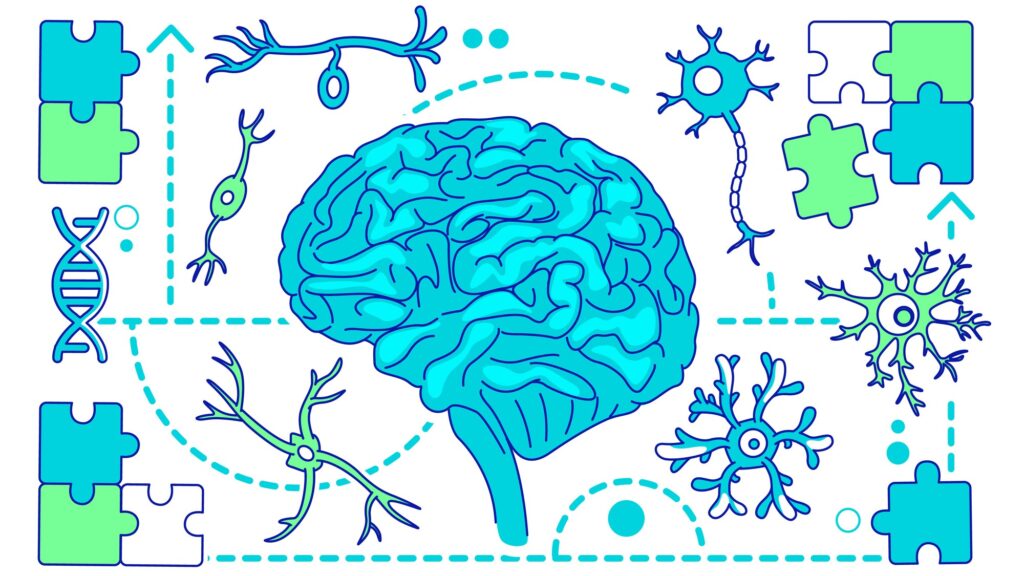
Research suggests that the rising rates of Autism Spectrum Disorder (ASD) may have roots in human evolution. A recent study published in the journal Molecular Biology and Evolution indicates that rapid neuronal evolution over millions of years could be a genetic contributor to ASD. Although autism can lead to various developmental challenges, the study highlights how evolutionary changes in our genes may have shaped the complexity of the human mind.
The study posits that the “exceptionally high prevalence” of autism among humans may result from natural selection. According to findings, the evolution of a specific type of brain neuron, known as L2/3 IT neurons, occurred at a notably rapid pace in the human lineage when compared to other apes. This rapid evolution coincided with significant alterations in genes associated with autism, suggesting that unique natural selection pressures influenced their development.
Moreover, the research emphasizes that the genomic elements contributing to autism have remained relatively stable throughout mammalian history. Experts believe that neurological conditions like autism and schizophrenia are primarily human phenomena. As noted by Neuroscience News, behaviors indicative of these disorders are seldom observed in non-human primates and often involve cognitive traits such as speech that are either unique or more advanced in humans.
The evolution of autism is characterized by multiple small genetic changes rather than a single mutation. As stated by ZME Science, natural selection likely favored these genetic variations, despite their potential trade-offs.
Understanding the Genetic Landscape
Approximately one in every 31 children in the United States is diagnosed with autism, according to data from the Centers for Disease Control and Prevention. While the genetic basis of ASD has been established, with several genes implicated in its development, the evolutionary rationale remains a subject of investigation. The Mayo Clinic acknowledges that these genes are often linked to developmental delays, prompting inquiries into why evolution may favor such traits.
Researchers speculate that the evolution of genes associated with autism may have contributed to slower early brain development or enhanced language capabilities. This extended developmental period could provide an evolutionary advantage by enabling more advanced reasoning skills. As lead author Alexander L. Starr points out, the same genetic changes that contribute to the uniqueness of the human brain may also promote greater neurodiversity.
In addition to genetic factors, various environmental influences are being examined as potential contributors to autism risk. Factors such as infections, medication, pregnancy complications, and air pollution are under scrutiny, as noted by the Mayo Clinic. While some have suggested a link between vaccines and autism, extensive research has consistently found no credible connection between ASD and vaccinations.
Understanding the complex interplay between genetics, environment, and neurodevelopment is crucial for furthering knowledge in this field. As research continues, the implications of these findings may not only reshape our understanding of autism but also inform approaches to support neurodiverse individuals.






